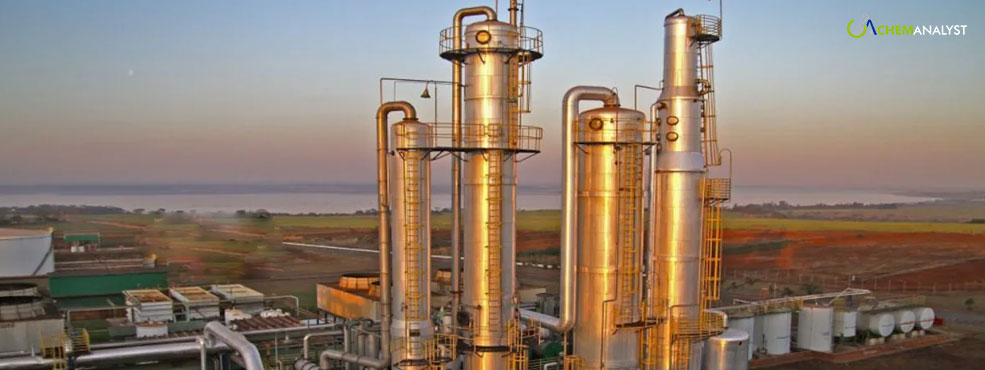Welcome To ChemAnalyst

The largest supplier globally of ethanol derived from sugar cane is contemplating the establishment of a sustainable jet fuel facility within its native Brazil. The company, jointly owned by Shell Plc and Cosan SA, perceives a significant structural advantage in setting up such a plant in Brazil. This decision is primarily driven by the considerable economic benefits associated with producing sustainable aviation fuel (SAF) domestically, especially considering the substantial quantities of feedstock required for production. Notably, the shipping expenses incurred for exporting the final product would be approximately 70% lower compared to exporting ethanol for processing into jet fuel overseas.
Despite the apparent advantages, the plans for constructing a local aviation fuel factory are still at a nascent stage. Raizen, the company in question, has initiated collaborative efforts with a technology provider and is engaged in discussions aimed at delineating the project's scale and scope. It's crucial to acknowledge that the production of SAF from ethanol remains relatively novel, with the inception of the first plant occurring merely last month in the United States. While Raizen recognizes the potential benefits of Brazil's investment in sustainable jet fuel, the company is diligently assessing the economic viability and feasibility of such an endeavor.
The prospect of establishing a Brazilian SAF plant presents several challenges and considerations. Firstly, the plant would inevitably enter into competition within the global market, contending with existing facilities situated in countries that already offer tax incentives and other supportive regulatory frameworks. Thus, thorough economic analysis and strategic planning are imperative to ensure the competitiveness and sustainability of the proposed venture.
Furthermore, while Brazil possesses abundant sugarcane resources and extensive experience in ethanol production, transitioning towards the production of sustainable jet fuel entails unique technological and logistical requirements. Raizen must navigate through various technical and operational complexities to establish an efficient and cost-effective production process for SAF.
Moreover, the success of a Brazilian SAF plant hinges significantly on market demand and regulatory support. While the aviation industry's interest in sustainable aviation fuels is growing steadily, the extent of adoption and demand remains subject to various factors, including policy incentives, carbon pricing mechanisms, and consumer preferences. Therefore, Raizen must carefully assess market dynamics and anticipate future trends to make informed decisions regarding investment in SAF production.
Despite these challenges, the potential benefits of establishing a sustainable jet fuel plant in Brazil are substantial. Beyond economic advantages, such a venture aligns with broader environmental and sustainability objectives, contributing to carbon emissions reduction and fostering the development of a green economy. Additionally, by leveraging Brazil's existing ethanol infrastructure and expertise, Raizen can position itself as a leading player in the emerging market for sustainable aviation fuels, thereby enhancing its competitiveness and market positioning in the long term.
We use cookies to deliver the best possible experience on our website. To learn more, visit our Privacy Policy. By continuing to use this site or by closing this box, you consent to our use of cookies. More info.
